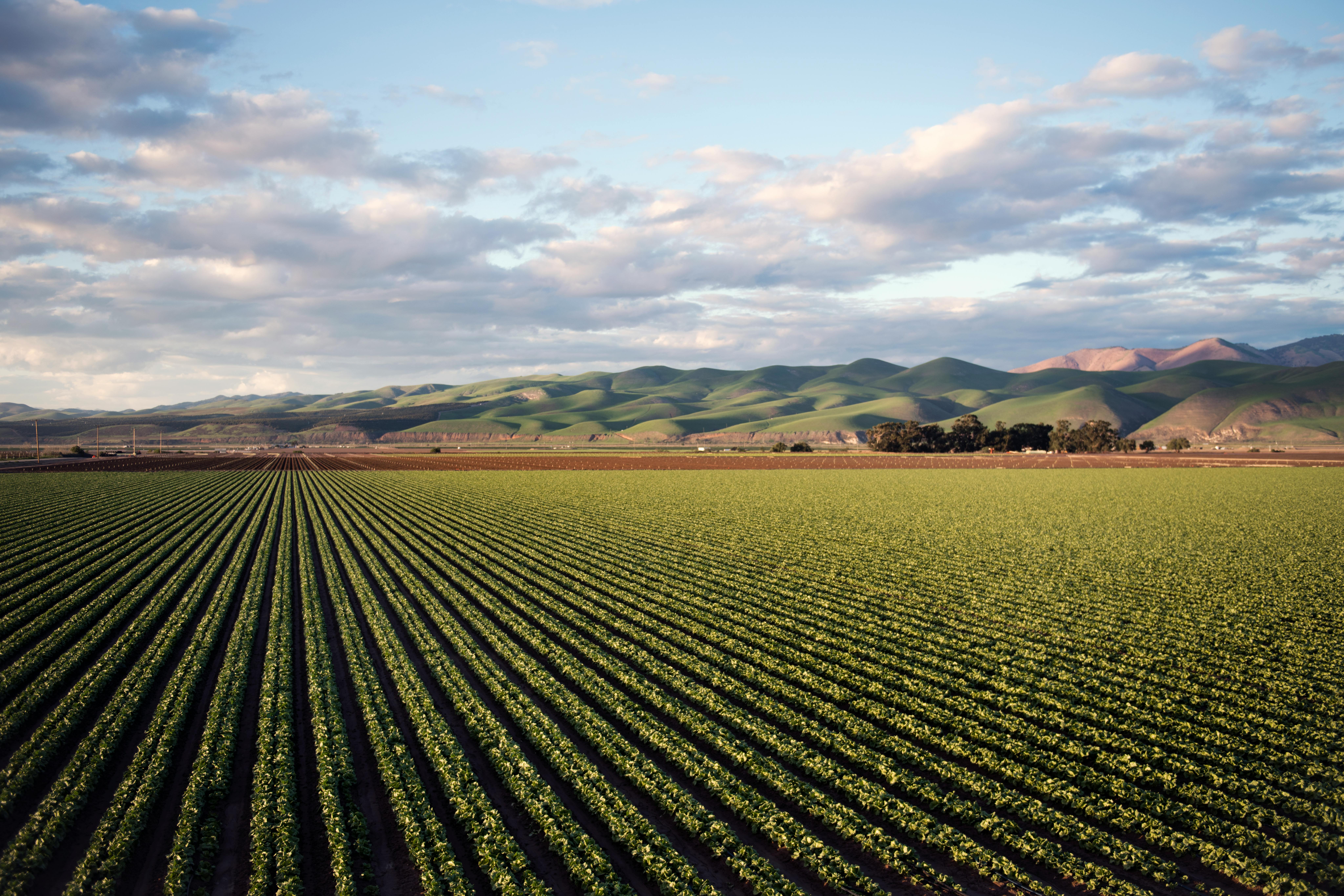By Ivy Rose Marajas
In the ongoing quest for sustainable farming practices, artificial intelligence (AI) has emerged as one of the driving forces reshaping agriculture, fostering efficiency, minimizing waste, and nurturing healthier harvests — all while safeguarding the delicate balance of our ecosystems.
Agriculture is undergoing a technological revolution. Agricultural producers must adopt more sustainable farming methods and practices to boost productivity. The intersection of technology and agriculture has paved the new age of farming practices – prioritizing sustainability without compromising productivity. AI is one of the key components of this new farming revolution and plays a pivotal role in driving sustainable agriculture forward.
Impact of AI in agriculture
AI is a broad area of technologies in which machines are designed to think like humans and replicate their learning and problem-solving capabilities. An analysis showed that there is a significant amount of studies about the role of AI in sustainable agriculture. Here we will explore how AI is transforming the agricultural landscape and paving the way towards a more sustainable agriculture.
Precision agriculture
The biggest impact of AI applications in agriculture is probably in precision agriculture (PA). PA uses large amounts of data to optimize agricultural resources and improve crop management and yield. Machine learning, a subset of AI, analyzes different factors affecting agricultural production such as soil, weather, and crop health to make informed agronomic management decisions. Optimization of agricultural inputs, especially chemical inputs, can help decrease the environmental impact of agriculture.
Crop monitoring and Management
AI plays a crucial role in crop monitoring and management. Deep learning and neural networks are being utilized to identify crop diseases, classify crops, recommend fertilizer application, and schedule crop irrigation. Robots are being deployed in fields to minimize operational and production costs and optimize overall production. Robots can also be used in targeted interventions such as pesticide spraying, which can help minimize risks to agricultural workers.
Predictive analytics
Crop yield prediction is important in agricultural production as it allows policy makers to make informed decisions regarding food security. AI can handle the complex nature of agricultural production and can be therefore used by producers to plan what and when to grow.
The integration of AI technologies in agriculture can help in driving productivity, sustainability and resilience in agricultural production systems. While AI has challenges, harnessing its capabilities can help farmers and producers make more informed management decisions, optimize input efficiencies and enhance production resiliency which can perhaps lead to a more sustainable future.

Leave a Reply